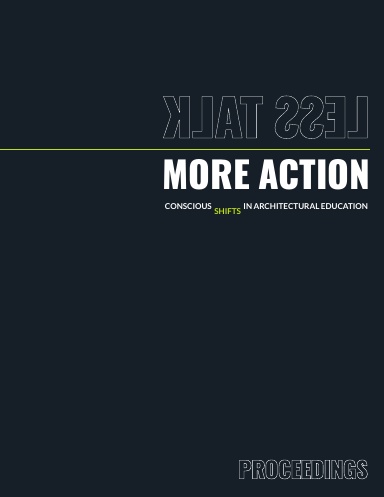Author(s): Macarena De La Vega De Leon
Today, we are bombarded not only by academic discussions on what global may mean for architectural education, but also by what social movements like #MeToo and #TimesUp may mean for current architectural culture. Still today, in spite of inclusive accreditation requirements, a majority of architects are awarded their degrees after studying programs characterized by a lack of acknowledgement of under-represented minorities. Recently, Mark Jarzombek argued that to achieve global we first need to accept that it is still a promise to be fulfi lled, we first need to see its absence; and for the longest time half of the human race was absent from the surveys of architectural history. As is the case with many scholars, Kathleen James-Chakraborty experienced difficulties finding a suitably inclusive book for her survey courses on architectural/art history –even after the early 2000s shift towards global. She was prompted to write Architecture Since 1400 (2014) “furious about the coverage (or lack thereof) of work by women in all these books and manuscripts” she was being asked by publishers to use or to review. Architecture Since 1400 is intelligible and readable; it has even been considered a joy to read, and it synthesizes previous scholarship, as is the case with any survey. This paper aims to demonstrate that by taking a globally inclusive perspective, James-Chakraborty’s contribu tion goes beyond the mere revitalization of the survey, and redefines it as a genre. In his review, Fraser considers Architecture Since 1400 “the First Year survey course we wish we had been given.” This prompts the question: with more inclusive literature now available, are existing approaches to survey courses being effectively updated?
https://doi.org/10.35483/ACSA.FALL.19.23
Volume Editors
Amy Larimer, Deborah Berke, Diana Lin, Drew Krafcik, John Barton & Sunil Bald
ISBN
978-1-944214-24-1

 Study Architecture
Study Architecture  ProPEL
ProPEL 
